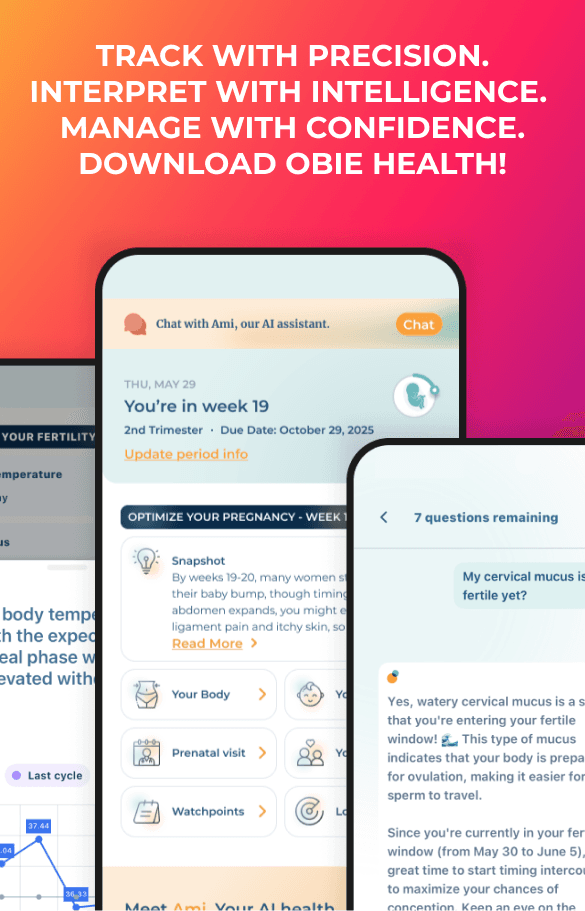The Zhung Self-Rating Depression Scale Quiz
Other Tools
Obie Editorial Team

The Zhung Self-Rating Depression Scale Quiz
The Zung Self-Rating Depression Scale is a 20-item self-report questionnaire that is widely used as a screening tool, covering effective, psychological and somatic symptoms associated with depression.
This 20-Question self-rating depression evaluation helps you assess your risk of depression. Each answer is scored from 1 to 4 and the highest possible score is 80. Most people with depression score above 50.
The questionnaire takes about 10 minutes to complete, and items are framed in terms of positive and negative statements. It can be effectively used in a variety of settings, including primary care, psychiatric, drug trials, and various research situations. Each item is scored on a Likert scale ranging from 1 to 4. A total score is derived by summing the individual item scores and ranges from 20 to 80. Most people with depression score between 50 and 69, while a score of 70 and above indicates severe depression.
The scores provide indicative ranges for depression severity that can be useful for clinical and research purposes, but the Zung scale cannot take the place of a comprehensive clinical interview for confirming a diagnosis of depression. The Zung scale also provides a simple tool for monitoring changes in depression severity over time in research studies.
Source: Zhun, A self-rating depression scale. Arch Psychiatry 1965:63-70
How common is postpartum depression?
At least 80% of all new mothers suffer from postpartum blues. The symptoms of the blues include feelings of sadness and a lack of energy.
According to Loyola University Health Systems, at least 80% of all new mothers suffer from postpartum blues. The symptoms of the blues include feelings of sadness and a lack of energy. The postpartum blues often fade within the first few weeks and require no medical intervention. Other mother's, 15 to 20% to be exact, suffer from deeper feelings of sadness which are referred to as postpartum depression.
The feelings of sadness in postpartum depression deepen to the point of clinical depression. Other symptoms can include a loss of energy and feelings of extreme anger. Some mothers even report feeling angry toward their new baby and/or other children. Postpartum depression can be treated if the mother seeks medical help from their obstetrician or a mental health professional.
After a mother gives birth, the Edinburgh Postnatal Depression Scale is used to assess whether the new mother could be at risk for postpartum depression, in some hospitals. The test is administered by a nurse and if the mother is found to be a depression risk, the nurse them coordinates care with the obstetrician and psychiatric doctor.
Medicinal and therapeutic care for postpartum depression could last a year or more after the baby is born.
Source: Loyola University Health System - September 2009







